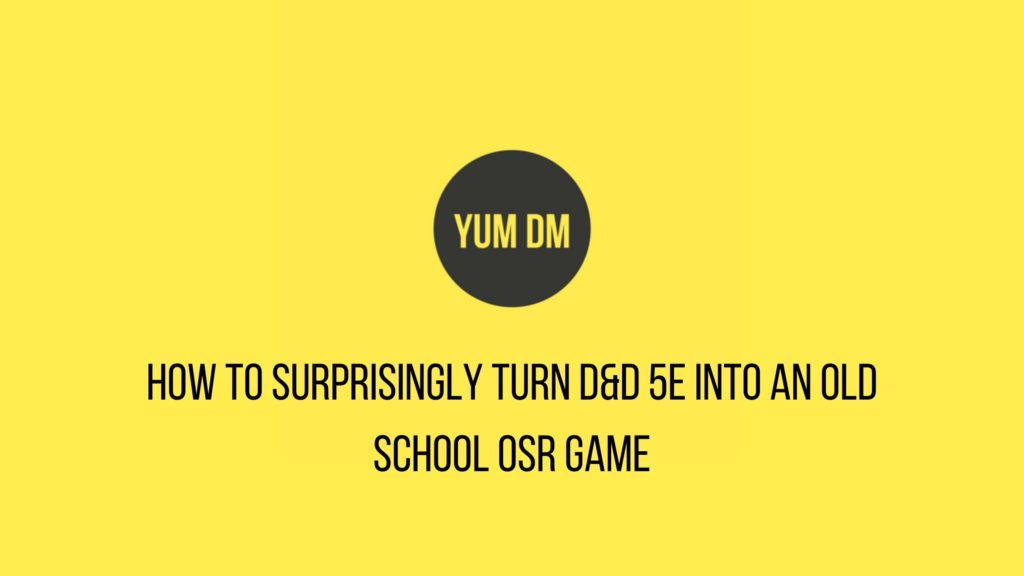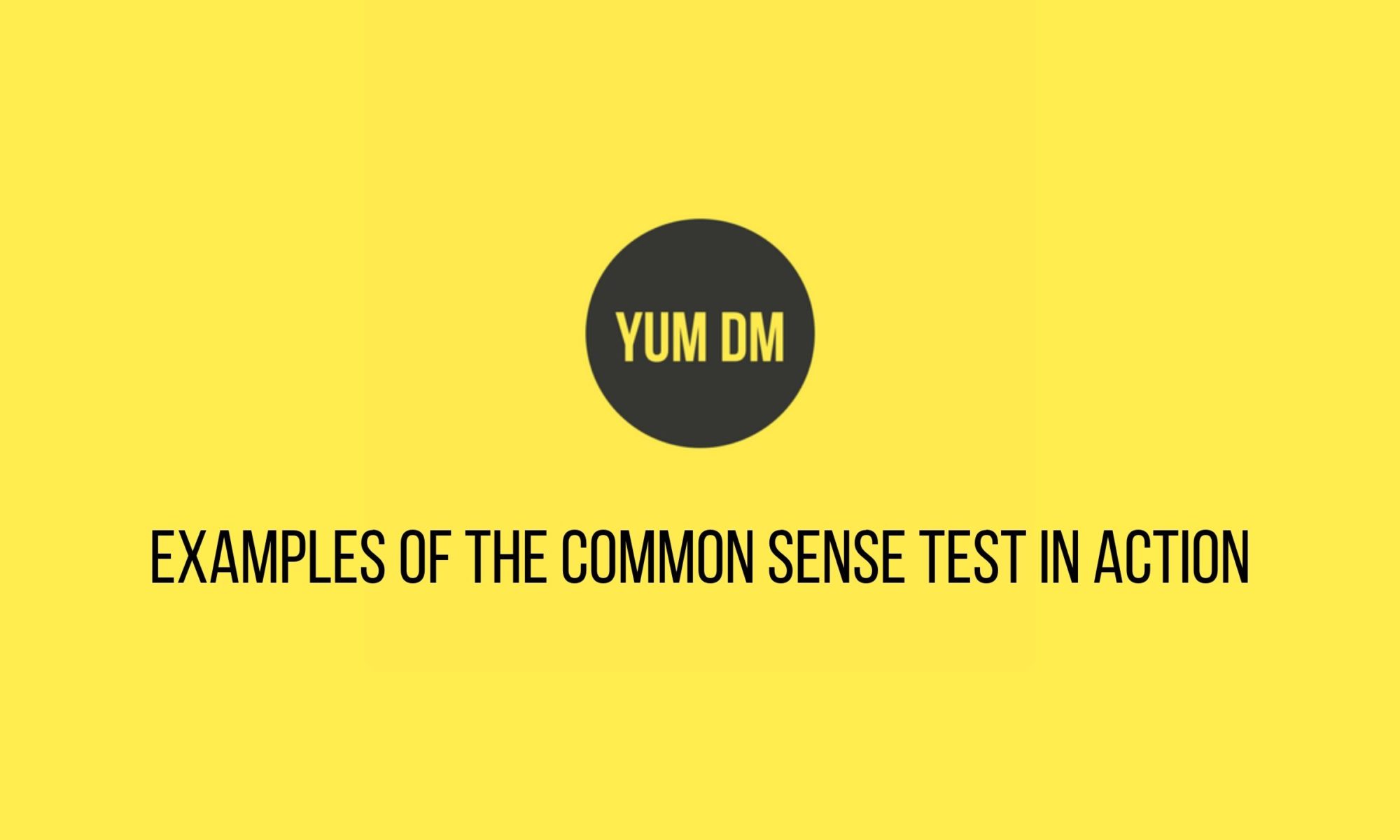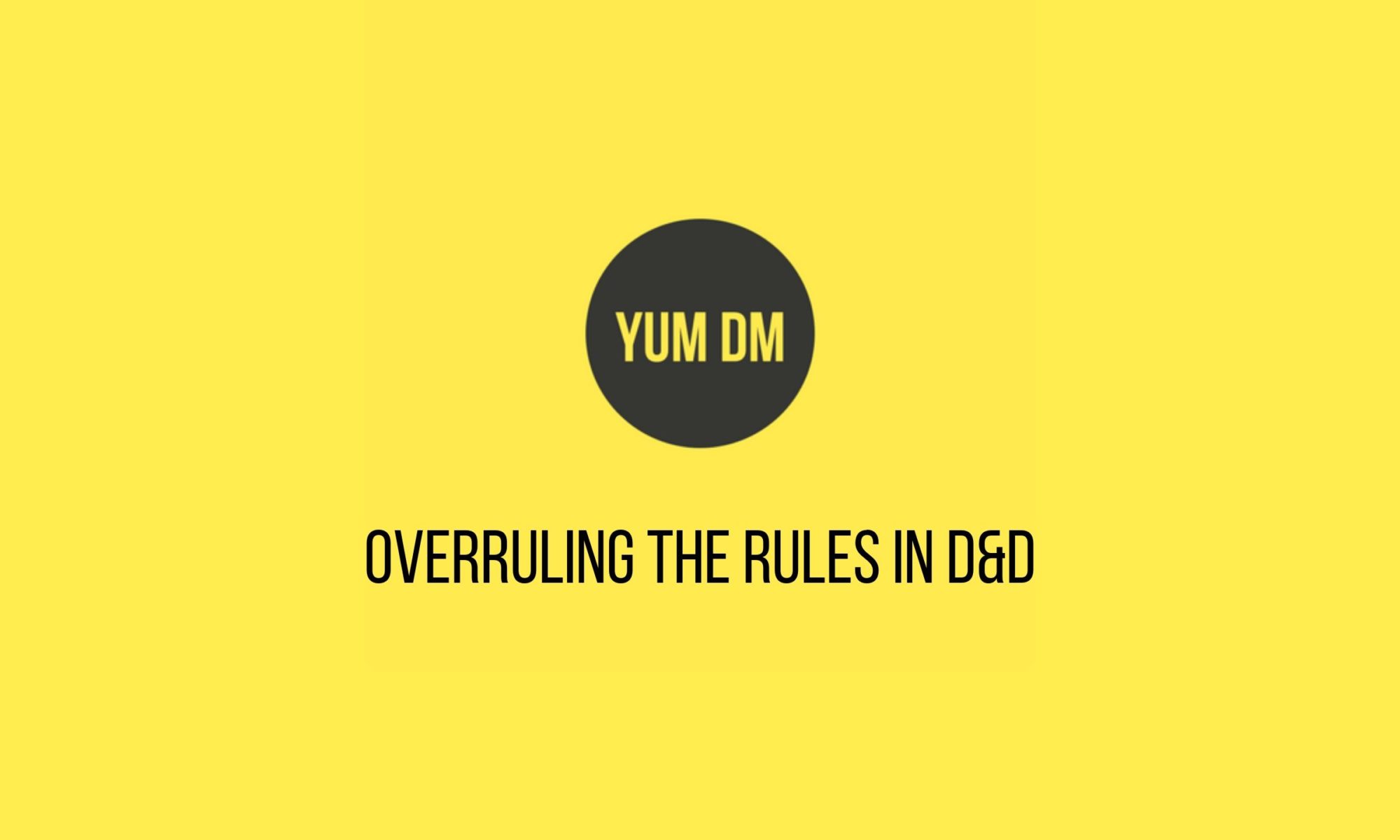
One of the big issues I have with spellcasting in D&D 5th edition is the restriction on casting spells that require concentration.
The rule as written in the Player’s Handbook is as follows:
Some spells require you to maintain concentration in order to keep their magic active. If you lose concentration, such a spell ends.
If a spell must be maintained with concentration, that fact appears in its Duration entry, and the spell specifics how long you can concentrate on it. You can end concentration at any time (no action required).
Normal activity, such as moving and attacking, doesn’t interfere with concentration. The following factors can break concentration:
Casting another spell that requires concentration. You lose concentration on a spell if you cast another spell that requires concentration. You can’t concentrate on two spells at once.
I understand the reason the designers did this – to limit the number of spells a caster could have “up” at any one time, but I feel like the pendulum swung too far.
Continue reading “Spellcasters Have A Concentration Problem”






